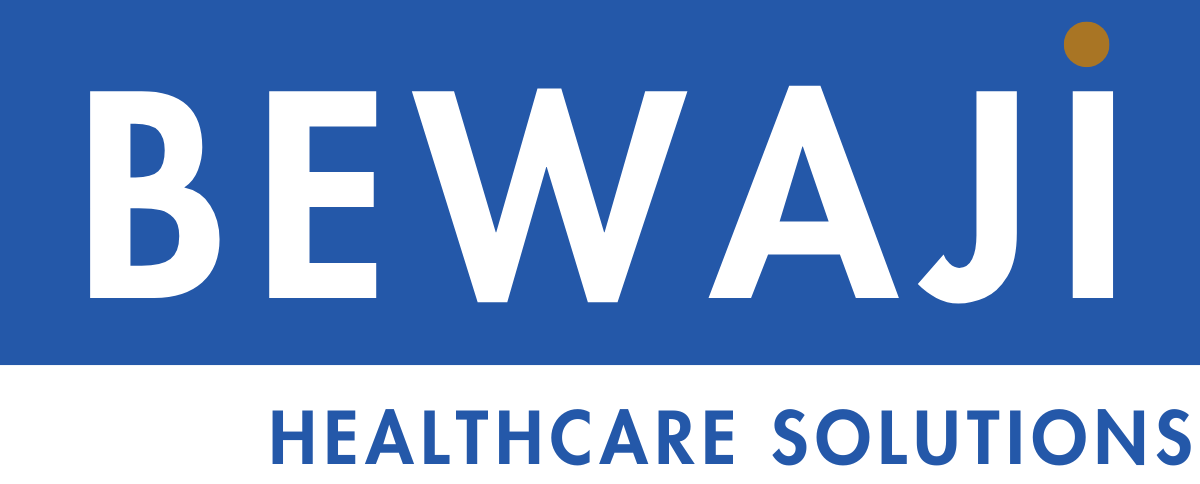In today’s globalized healthcare landscape, healthcare providers in Jamaica often engage in cross-border data transfers either through referrals or when patient records are uploaded to the cloud as part of storage or accessing a 3rd party service. The includes provisions to safeguard personal data when it is transferred internationally. This article aims to explore the regulations related to cross-border data transfers under the Jamaica Data Protection Act 2020. It provides insights into mechanisms such as adequacy decisions, standard contractual clauses, and binding corporate rules that healthcare providers can leverage to ensure compliant international data transfers. Additionally, we will address the relevance of international vendors in this context.
Understanding Cross-Border Data Transfers
Cross-border data transfers occur when personal data is transferred from Jamaica to a foreign country or international organization. Healthcare providers must comply with the following principles when engaging in such transfers:
- Lawful Basis: Ensure that there is a lawful basis for the cross-border data transfer, such as obtaining explicit consent, fulfilling a contract with the data subject, or meeting legal obligations.
- Data Minimization: Transfer only the minimum amount of personal data necessary for the intended purpose and ensure that it is relevant and proportionate to the data subject’s rights and needs.
- Adequate Protection: Ensure that appropriate safeguards are in place to protect personal data during the transfer and at the destination country or organization.
Adequacy Decisions
Adequacy decisions play a crucial role in facilitating compliant cross-border data transfers. These decisions are made by the Jamaican government, certifying that a foreign country or international organization ensures adequate data protection. When transferring data to countries or organizations with adequacy decisions, healthcare providers can proceed with the transfer without additional safeguards. The Act makes allowance for data transfers to jurisdictions without an adequacy decision if there is consent from the patient.
Standard Contractual Clauses (SCCs)
Standard Contractual Clauses are contractual agreements that include specific data protection obligations and safeguards. These clauses are pre-approved by the Jamaican government and can be adopted by healthcare providers to ensure adequate protection during cross-border data transfers. By incorporating SCCs into contracts with foreign recipients, providers can establish a legal framework for data protection.
Binding Corporate Rules (BCRs)
Binding Corporate Rules are internal data protection policies adopted by multinational organizations to regulate cross-border data transfers within their group of companies. BCRs require approval by the relevant data protection authority and offer a comprehensive framework for ensuring data protection compliance within the organization. Healthcare providers can consider adopting BCRs if they operate as part of a multinational group.
Working with international vendors
Healthcare providers often rely on international vendors or service providers for various purposes, including cloud storage, software solutions, or data analysis. When engaging with international vendors, healthcare providers should consider the following:
- Vendor Selection: Prioritize vendors who demonstrate a strong commitment to data protection and have adequate security measures in place.
- Data Processing Agreements: Establish robust data processing agreements with international vendors, outlining their obligations regarding data protection and ensuring compliance with the Jamaica Data Protection Act 2020.
- Due Diligence: Conduct thorough due diligence on international vendors to evaluate their data protection practices, certifications, and compliance with relevant regulations.
Conclusion
Complying with cross-border data transfer regulations under the Jamaica Data Protection Act 2020 is crucial for healthcare providers engaging in international data transfers. Providers can ensure compliant and secure data transfers by understanding and implementing mechanisms such as adequacy decisions, standard contractual clauses, and binding corporate rules. Additionally, healthcare organizations should prioritize data protection and establish robust agreements to safeguard patient data when working with international vendors. By taking a proactive approach to international data transfers, healthcare providers in Jamaica can navigate the complexities of the globalized healthcare landscape while upholding patient privacy and data protection standards.

